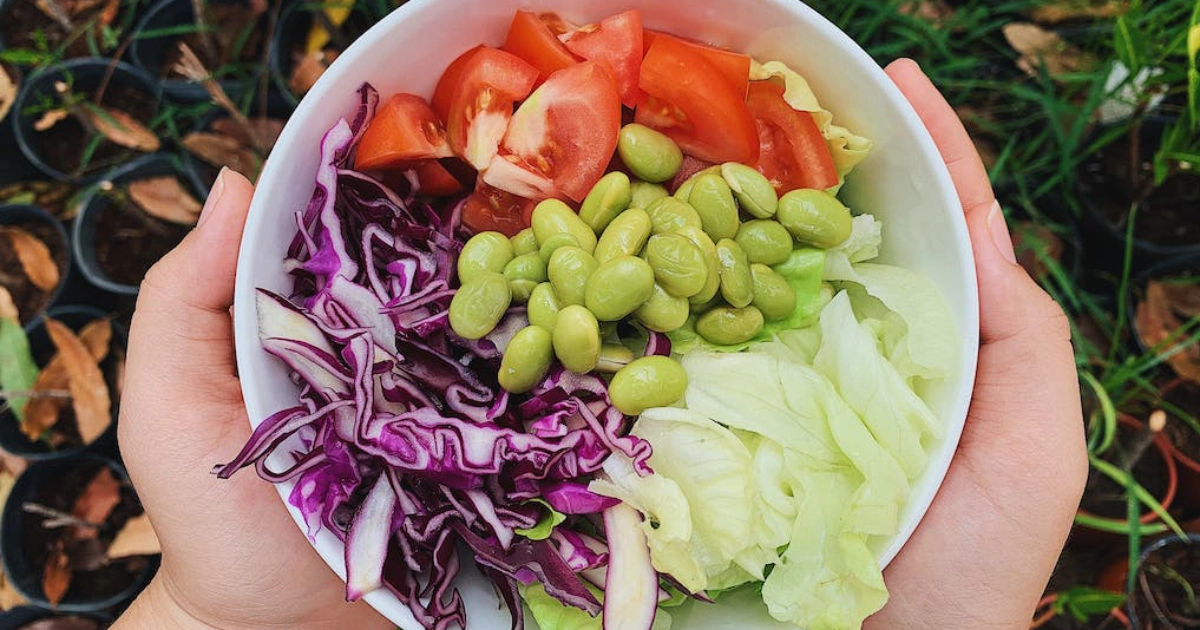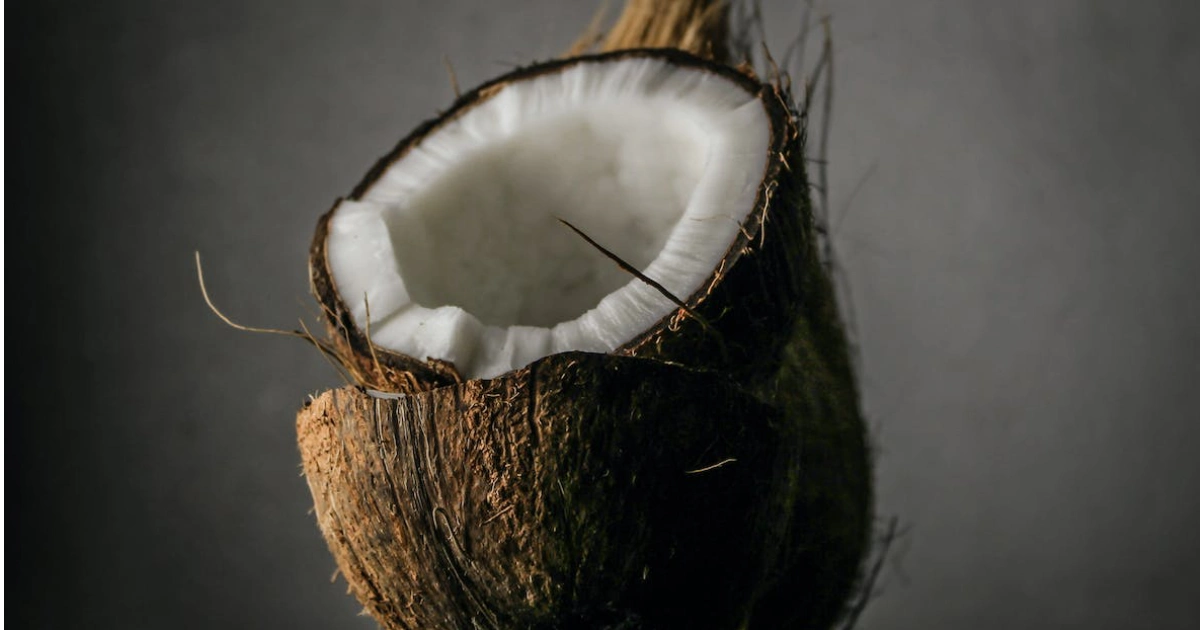What Is a Low Carb High-Calorie Diet?
A Low Carb High-Calorie Diet is a dietary strategy where the consumption of low-carbohydrate foods pairs with high-calorie foods. Pursuing a high-calorie diet is counterintuitive for those looking to lose weight. However, people who want to lose weight without losing muscle mass use this strategy. Foods that fit within this diet include high-protein meats and fish, nuts and seeds, and healthy fats like avocados and olive oil. By avoiding foods high in carbohydrates, like bread, rice, and pasta, the body can turn to alternative energy sources like stored fat. Before embarking on this diet, it’s important to speak with a healthcare provider or nutritionist to ensure that it is healthy and sustainable for your specific needs.
Why Do People Focus On Low-Carb Diets?
People have learned the advantages of cutting out high-calorie, low-carb foods from their diets, which has led to the popularity of low-carb diets in recent years. Because they can be an efficient approach to reducing weight and controlling blood sugar levels, low-carb diets are one of the main reasons people pay attention to them. By consuming fewer carbohydrates, the body will use stored fat as fuel rather than the glucose from carbohydrates. This process can promote weight loss and improve metabolic health. Low-carb diets have also been demonstrated to boost cognitive performance and lower inflammatory levels in the body. With so many potential benefits, it’s no wonder that many people are turning to low-carb diets to improve their overall health and well-being.
The Benefits Of a Low Carb High Calorie Foods
Low-carb diets have been gaining popularity recently due to their numerous benefits. One of the greatest benefits is that they can help with weight loss. Lowering carbs forces the body to burn fat for energy. However, it is essential to note that a low-carb diet doesn’t have to equate to low-calorie meals. There is plenty of high-calorie, low-carb foods, such as nuts and avocados that can help keep you satiated. A low-carb, high-calorie diet can also help improve overall health markers like blood sugar levels, cholesterol, and blood pressure. So, if you want to lose weight or improve your health, a low-carb, high-calorie diet may be worth considering.
Are Low-Carb Diets Healthy?

Low-carb diets have become increasingly popular over the past few years, with many people swearing about their effectiveness in weight management and improved health. But are low-carb diets healthy? While avoiding high-calorie, low-carb foods like pasta and bread can contribute to weight loss; Not all low-carb diets make equally; it is crucial to remember this. Some low-carb diets may need more essential nutrients, while others may not be sustainable in the long term. However, research has shown that low-carb diets can have benefits such as improved blood sugar control and lower cholesterol levels. Ultimately, a person’s particular health requirements and lifestyle choices will determine whether or not a low-carb diet is effective for them.
High Protein – Low Carb Diet
High-protein foods support various bodily functions, including muscle repair, hormone production, and enzyme synthesis. Here is a list of some common high-protein foods:
- Chicken breast: Low in fat and a great source of protein is lean chicken breast.
- Turkey: Similar to chicken, turkey is a lean protein option.
- Eggs: A complete protein source, eggs are also a good source of important vitamins and minerals. Eggs are an inexpensive and delectable item that may consume as part of a healthy diet.
- Greek yoghurt: High in protein and probiotics, Greek yoghurt is a popular choice for a protein-rich snack or breakfast.
- Cottage cheese: Cottage cheese is another dairy product with high protein content.
- Fish: Fish of many varieties, including salmon, tuna, and cod, are full of protein and beneficial omega-3 fatty acids.
- Beef: Lean cuts of beef, like sirloin or tenderloin, provide a good amount of protein.
- Pork: Pork contains protein, vitamins, and minerals, but choose lean cuts to minimize saturated fat.
- Tofu: Tofu is a plant-based protein option suitable for vegetarians and vegans.
- Lentils: A good source of plant-based protein, lentils are also high in fibre.
- Quinoa: With all nine essential amino acids present, quinoa is a complete protein.
- Nuts and seeds: Almonds, peanuts, chia seeds, and pumpkin seeds are protein-rich nuts and seeds.
- Protein supplements: Especially for athletes or people with special dietary requirements, protein powders and bars can be utilized as convenient protein sources.
Healthy Fats – Include Avocado, Olive Oil, Nuts And Seeds In Your Diet
Healthy or good fats are an essential part of a balanced diet, as they help with nutrient absorption, brain function, and hormone production. Adding avocado, olive oil, nuts, and seeds to your meals is an easy way to incorporate healthy fats into your diet. Monounsaturated fats, abundant in avocados, can help lower levels of harmful cholesterol and benefit heart health. They also supply vital nutrients like potassium, vitamins K, E, and folate. Add avocado slices to salads, sandwiches, or guacamole for a tasty and nutritious dip.
Monounsaturated fats, found in abundance in olive oil, have been related to a range of positive health effects, including a decreased risk of heart disease and inflammation. You can sprinkle olive oil over cooked foods, use it as a salad dressing, or sauté veggies. Cashews, almonds, pumpkin, and chia seeds are among the most nutrient-dense options. They contain a mix of monounsaturated and polyunsaturated fats. By using these foods in your meals, you can enhance your general health as well as give your typical recipes a delightful touch.
Low Carb Vegetables
Low-carb vegetables are an excellent choice for those looking to reduce their carbohydrate intake while still obtaining essential nutrients and fibre. Here are some examples of low-carb vegetables:
- Leafy Greens: Spinach, kale, lettuce, arugula, and Swiss chard are low in carbs and rich in vitamins and minerals.
- Cruciferous Vegetables: Broccoli, cauliflower, Brussels sprouts, and cabbage are low in carbs and high in fibre.
- Bell Peppers: These colourful peppers contain a relatively small amount of carbohydrates. Bell peppers can be enjoyed raw, sliced, and served with dips as a crunchy and nutritious snack.
- Zucchini and Summer Squash: These versatile vegetables are low in carbs and can use in various dishes. Zucchini and summer squash are nutritious vegetables that can enjoy in various dishes.
- Asparagus: Asparagus is a low-carb vegetable source of vitamins A, C, and K.
- Celery: With its high water content, celery is very low in carbs.
- Cucumbers: Cucumbers are refreshing and have minimal carbs.
- Green Beans: Green beans offer fibre and a few important elements while having a low carbohydrate content.
- Tomatoes: Tomatoes are not as low in carbs as other vegetables but can still be included in a low-carb diet in moderation.
- Cauliflower Rice: Finely chopped or processed cauliflower can be a low-carb alternative to rice.
- Eggplant: Eggplant is a versatile, low-carb vegetable that can use in various recipes.
- Radishes: Radishes are low in carbs and add a nice crunch to salads.
- Mushrooms: Mushrooms are low in carbs and can add umami flavour to dishes.
- Cabbage: Cabbage is an excellent low-carb option, especially in its raw form.
- Onions (in moderation): Onions have some carbs, but they can still include in low-carb diets in small amounts.
Fruits High In Calories And Low In Carbs

In recent years, low-carb diets have become increasingly popular for their weight loss benefits. For those looking to restrict carbohydrate intake, finding high-calorie, low-carb foods to incorporate into their meals can be challenging. However, a variety of fruits fit the bill, offering a sweet and nutritious option without all the added carbs. Fruits such as avocados, olives, and coconuts are high in calories with minimal carbohydrates. While it might seem counterintuitive to indulge in high-calorie foods when trying to lose weight, a low-carb diet has shown to be an effective way to shed those extra pounds. These fruits are not only delicious but can also help keep you full and satisfied, facilitating your low-carb diet plan compliance.
Dairy Is High In Calories But Low In Carbs
Regarding high-calorie and low-carb foods, there might be other choices than dairy. However, dairy products such as heavy cream, cheese, and butter are great options for low-carb diets. These products are rich in fat, protein, and calories, filling and satisfying. Of course, if you’re lactose intolerant or looking for dairy substitutes, plenty of low-carb options are available. Almond milk, almond butter and soy milk are two popular options rich in flavour and low in carbs, making them great choices for anyone looking to cut back on dairy while still enjoying delicious and nutritious beverages. So if you’re looking for high-calorie, low-carb foods, or low-carb dairy substitutes, try these options and see how they can help you achieve your health and wellness goals.
Conclusion
In conclusion, we hope you enjoyed our comprehensive guide on High-Calorie Low Carb foods. Eating healthier can often be uncomplicated by choosing meals high in nutrition with only a few tweaks. Healthy eating is not restrictive but offers numerous options to find the foods that best work for you and your body to maintain a balanced and healthy diet. Whether you want to use meal planning or enjoy your favourite dishes with healthier alternatives, we are here to help you achieve your goal one bite at a time. Start creating simple meals today with the delicious low-carb, high-calorie recipes outlined in this guide, and become responsible for getting the most from your food. You can make delicious swaps without feeling deprived and get better health outcomes! So what are you waiting for? Go out there and start enjoying an indulgent yet healthy eating lifestyle today!